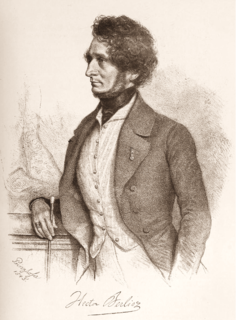A Quote by Blaise Pascal
The last advance of reason is to recognize that it is surpassed by innumerable things; it is feeble if it cannot realize that.
Related Quotes
There are two excesses: to exclude reason, to admit nothing but reason. The supreme achievement of reason is to realise that there is a limit to reason. Reason's last step is the recognition that there are an infinite number of things which are beyond it. It is merely feeble if it does not go as far as to realise that.
If I advance new views in Philosophy or Theology, I cannot expect to have many adherents among minds altogether unprepared for such views; yet it is certain that even those who most fiercely oppose me will recognize the power of my voice if it is not a mere echo; and the very novelty will challenge attention, and at last gain adherents if my views have any real insight.
Being in love is a good thing, but it is not the best thing. There are many things below it, but there are also things above it. You cannot make it the basis of a whole life. It is a noble feeling, but it is still a feeling. Now no feeling can be relied on to last in its full intensity, or even to last at all. Knowledge can last, principles can last, habits can last; but feelings come and go.
It may indeed prove to be far the most difficult and not the least important task for human reason rationally to comprehend its own limitations. It is essential for the growth of reason that as individuals we should bow to forces and obey principles which we cannot hope fully to understand, yet on which the advance and even the preservation of civilization depend.
In passing, we should here recognize the difficulties presented by the idea of 'fit' and 'unfit.' Who is to decide this question? The grosser, the more obvious, the undeniably feeble-minded should, indeed, not only be discouraged but prevented from propagating their kind. But among the writings of the representative Eugenists [sic], one cannot ignore the distinct middle-class bias that prevails.







































